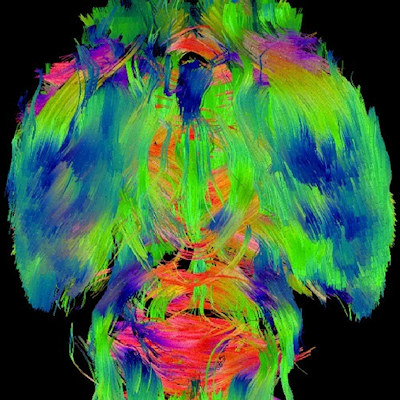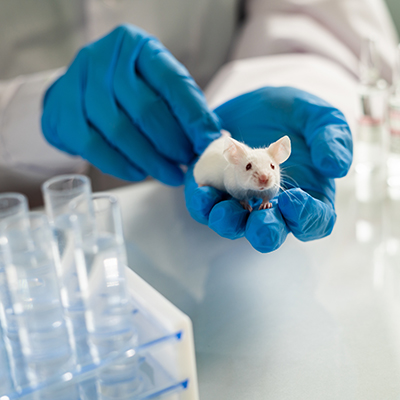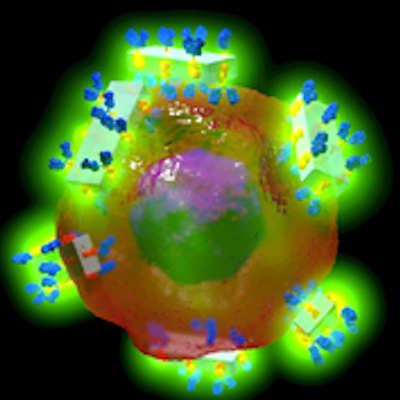September 30, 2022 -- Massachusetts Institute of Technology (MIT) researchers have created a capsule that tunnels through the mucus barrier in the gastrointestinal tract and allows large protein drugs such as insulin to be delivered to the small intestine.
Historically, large protein drugs consisting of proteins or nucleic acids have had to be injected or administered in a hospital because they can't pass through the mucus barrier in the digestive tract. In a Science Robotics study published on September 28, the MIT researchers have demonstrated the effectiveness of a small capsule with a robotic cap that spins and tunnels through the mucus barrier when it reaches the small intestine. They used the "RoboCap" for insulin as well as vancomycin, an antibiotic peptide that currently has to be injected.
Once the multivitamin-sized capsule is ingested, the outer layer dissolves in the digestive tract to expose all the features that start to churn through the mucus and clear it. It's coated with gelatin and can be tuned to dissolve at a specific pH.
When the coating dissolves, the change in pH triggers a tiny motor inside the RoboCap capsule to start spinning, which helps the capsule tunnel into the mucus and displace it, according to the authors. Aiding the action are small studs coating the capsule that brush mucus away. The spinning motion also erodes the compartment carrying the drug, allowing it to be released into the digestive tract.
Using the capsule, the scientists could deliver 20 to 40 times more drug than a similar capsule without the tunneling mechanism in their animal studies. Following drug release, the capsule passes through the digestive tract on its own without signs of inflammation or irritation. Also, the mucus layer reforms within a few hours after being displaced by the capsule, they found.
In addition to targeting the small intestine, the capsule could also be used in the stomach or colon by changing the pH at which the gelatin coating dissolves. The research team plans to explore whether the capsule can deliver other protein drugs such as GLP1 receptor agonist and topical drugs to treat ulcerative colitis and other inflammatory conditions.
Copyright © 2022 scienceboard.net









